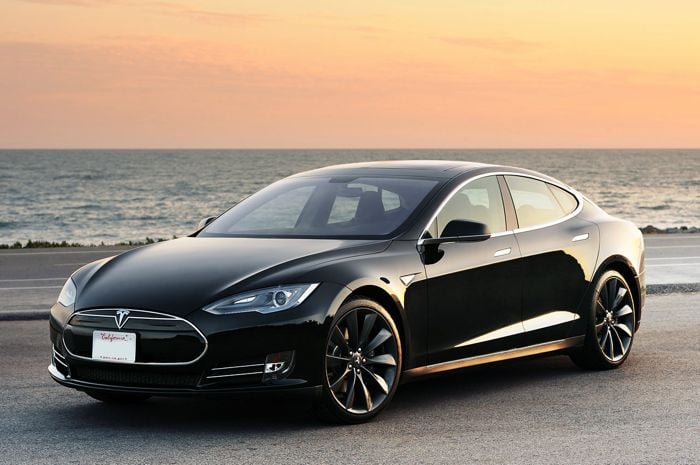Tesla is one of the few car companies that sells its vehicles direct to the public in the US, other manufacturers sell their vehicles through franchised dealers.
This has led to sales of Tesla being banned in states like New Jersey. This ban will come into place on the first of April, and other US states are also looking at similar bans.

Now Tesla has reached an agreement with the Ohio Automobile Dealers Association that will allow them to sell their electric vehicles direct to the public in Ohio.
The deal has also been approved by a Senate panel, and Tesla will be allowed to run three stores in Columbus, Cincinnati, and Cleveland.
Challenges Faced by Tesla
Ohio was one of the previous states that was looking to block sales of Tesla vehicles direct to the public by the manufacturer. Automobile dealers in the US, which are mainly independent dealers or franchised dealers, saw Tesla’s sales model as a threat to their business, and have tried to stop Tesla from selling their cars direct to the public. This opposition stems from the traditional dealership model, which has been the backbone of the automotive sales industry for decades. Dealers argue that they provide valuable services such as maintenance, repairs, and customer support, which they believe Tesla’s direct sales model undermines.
Moreover, the direct sales model allows Tesla to have more control over the customer experience, pricing, and inventory management. This can lead to a more streamlined and efficient process for consumers, but it also disrupts the established norms of the automotive industry. The resistance from dealers is not just about protecting their business interests but also about maintaining the status quo in the industry.
Implications for the Future
This could also have a bearing on other US states that are also looking to stop Tesla from selling their cars through their own retail stores. States like Texas and Michigan have also been battlegrounds for Tesla’s direct sales model. In Texas, for example, Tesla is allowed to operate galleries where potential buyers can view cars, but they cannot discuss pricing or complete sales transactions. This has led to a somewhat convoluted process where interested buyers must complete their purchases online or out of state.
The outcome of these legal and regulatory battles could set important precedents for the future of automotive sales in the US. If Tesla continues to win these battles, it could pave the way for other manufacturers to adopt similar direct-to-consumer sales models. This could lead to increased competition, potentially lower prices, and more innovation in the automotive industry.
On the other hand, if states continue to uphold bans on direct sales, it could stifle innovation and maintain the status quo, which may not be in the best interest of consumers. The ongoing debate highlights the tension between innovation and regulation, a common theme in many industries undergoing rapid technological change.
In conclusion, Tesla’s direct sales model represents a significant shift in the automotive industry, challenging traditional dealership models and prompting legal battles across various states. The agreement in Ohio is a positive step for Tesla, but the broader implications for the industry remain to be seen. As more states consider their stance on direct sales, the future of automotive retail in the US hangs in the balance.
Source AP
Latest Geeky Gadgets Deals
Disclosure: Some of our articles include affiliate links. If you buy something through one of these links, Geeky Gadgets may earn an affiliate commission. Learn about our Disclosure Policy.